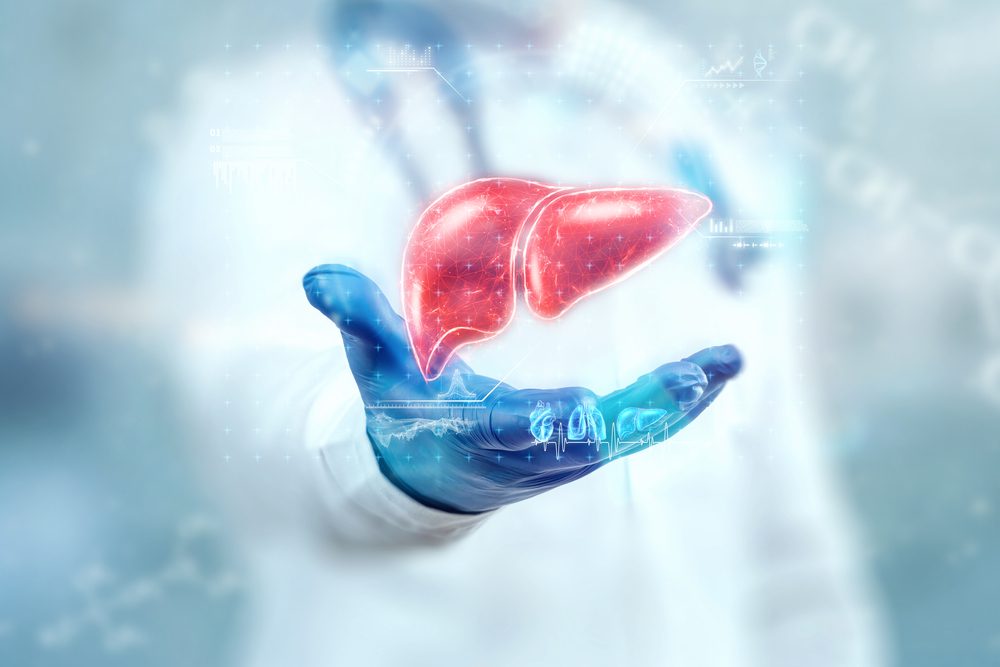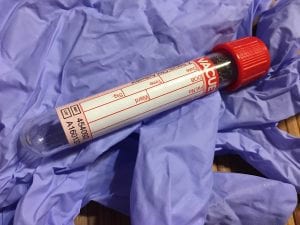Mirum Pharmaceuticals has long been a leader in the rare liver disease space, driving forward with a mission of empowering patients and families, and identifying novel therapeutic interventions to help this patient population. Their drug LIVMARLI (maralixibat) is FDA-approved for Alagille syndrome and primary familial intrahepatic cholestasis (PFIC). Now, Mirum Pharmaceuticals is working to advance a new therapy – volixibat – for primary biliary cholangitis (PBC) and primary sclerosing cholangitis (PSC). The company explains that volixibat is:
a minimally absorbed, orally administered investigational therapy designed to selectively inhibit ileal bile acid transporter (IBAT), a protein that is primarily responsible for recycling bile acids from the intestine to the liver. We believe that volixibat may offer a novel approach in the treatment of rare liver diseases impacting both adults and children by blocking the recycling of bile acids, thereby reducing bile acids systemically.
Vandana Singh for MSN, and originally published in Benzinga, reported that Mirum Pharmaceuticals recently shared interim results from a pair of Phase 2b trials – the VANTAGE and VISTAS studies – evaluating volixibat for the above two indications.
A Brief Overview of the Clinical Studies
The VANTAGE study is looking at 20mg and 80mg volixibat compared to a placebo in individuals living with primary biliary cholangitis. So far, the study has found that volixibat significantly reduced itching and fatigue for people with PBC. Itching and fatigue are two sometimes debilitating symptoms associated with this chronic disease, and often what those affected say is most bothersome. Additionally, 75% of those treated with volixibat lowered their serum bile acids by 50% or more. Serum bile acids can act as a marker of liver health; the higher the serum bile acids, the more correlation with liver damage. Volixibat was found to be safe and mostly well-tolerated; 77% of individuals did experience diarrhea but side effects were not severe in nature. Moving forward, the trial will focus on the 20mg dose.
While less data is available from the VISTAS trial for primary sclerosing cholangitis, an independent data review board suggested that 20mg volixibat two times each day was the recommended dose for trial continuation.
About Primary Biliary Cholangitis (PBC)
Formerly known as primary biliary cirrhosis, PBC is a chronic liver disease characterized by slow, progressive bile duct damage which leads to liver fibrosis (scarring) and cirrhosis (advanced scarring). People with PBC may experience symptoms such as severe fatigue, darkened skin, dry mouth, achy muscles and joints, itchiness (especially on the palms or soles), jaundice (yellowing of the skin, eyes, and mucous membranes), chronic diarrhea, swollen legs and feet, and abdominal ascites. Available treatments like ursodiol and obeticholic acid can slow the progression of PBC, but there is no cure at this point in time.






